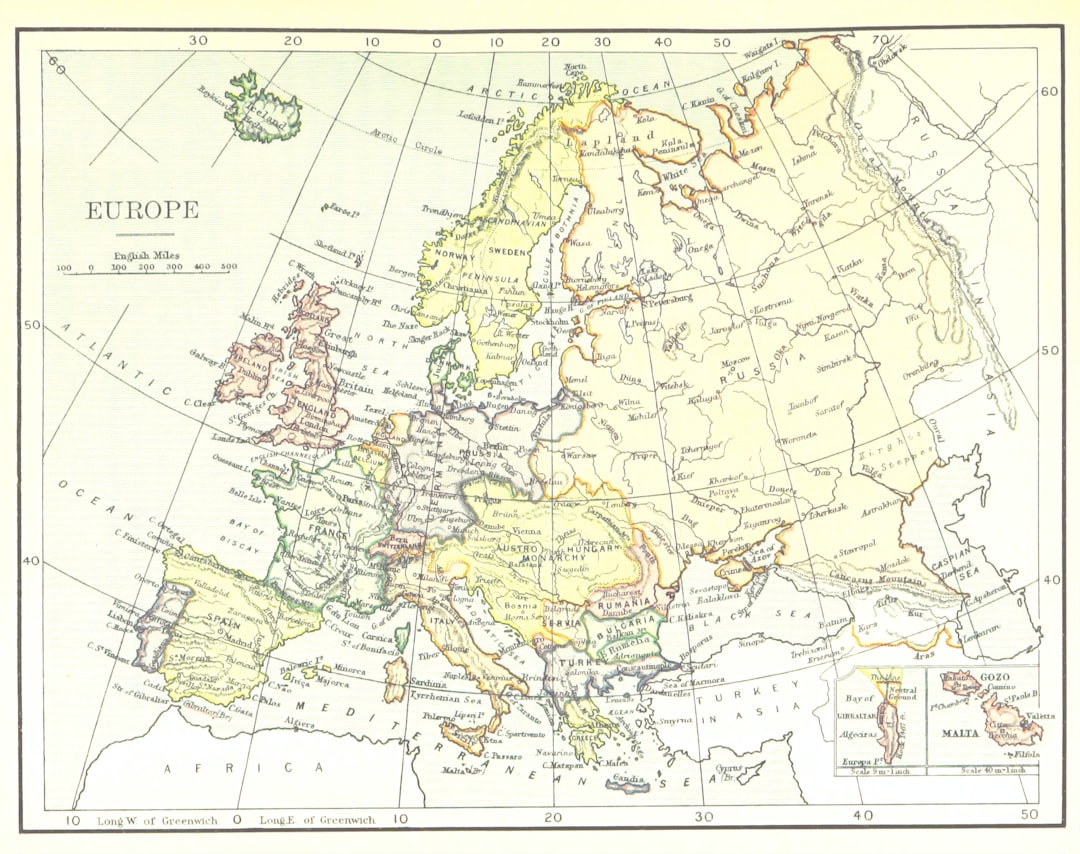Amazon Prime Video is one of the most popular streaming platforms in the world, offering a vast library of movies, TV shows, and original content. However, many users encounter issues when trying to access Amazon Prime using a VPN (Virtual Private Network). This can be confusing and frustrating, especially for those using VPNs for privacy or to access content while traveling. In this article, we’ll explain why Amazon Prime does not work with a VPN and what reasoning lies behind its strict policies.
Contents of Post
Understanding How VPNs Work
A VPN routes your internet connection through a secure server in another location. This masks your real IP address and makes it appear as though you are browsing from a different country. While this technology is commonly used to enhance privacy and security, it can also be used to bypass geographic restrictions placed on digital content.
The Role of Geographic Licensing
One of the primary reasons Amazon Prime blocks VPN traffic is because of geographic content licensing agreements. These agreements determine what titles can be shown in each country based on local laws, censorship regulations, and business deals with content publishers.
For example, a movie may be available on Amazon Prime in the United States but restricted in Canada, due to licensing constraints. Allowing VPN users to spoof their location would violate these agreements and could lead to major legal complications for Amazon.

How Amazon Prime Detects and Blocks VPNs
Amazon invests heavily in detecting and restricting VPN usage to uphold its content distribution contracts. Here are some methods used:
- IP Address Blacklisting: Amazon uses databases that identify known VPN IP ranges. If your connection comes from one of these IPs, access will be denied or restricted.
- DNS and WebRTC Leaks: Even a well-configured VPN can sometimes leak your real IP through DNS or WebRTC protocols. Amazon can use these leaks to detect your genuine location.
- Unusual Network Patterns: Amazon also watches for high volumes of requests from the same VPN IPs, which can be a red flag for VPN use.
Legal and Regulatory Compliance
Apart from licensing, there are other legal considerations at play. Some countries mandate strict enforcement of content borders. Platforms found to be non-compliant risk fines or having their services suspended in those regions. By enforcing VPN blocks, Amazon safeguards its operational licenses and avoids possible legal action.
Image not found in postmeta
Why Some VPNs Still Work
While most VPNs are unsuccessful in accessing Amazon Prime Video, a few premium providers have managed to stay one step ahead. These VPNs often maintain small, frequently rotated IP pools designed to evade detection. However, even these providers experience intermittent access, due to the ongoing cat-and-mouse game between VPN companies and Amazon’s security systems.
The Risks of Attempting to Bypass VPN Restrictions
Trying to bypass VPN blocks is not just technically challenging—it may also put your account at risk. Amazon’s terms of service clearly prohibit the use of VPNs to access content from unsupported regions. Violating these terms could lead to temporary bans, or even permanent suspension of your Prime account.
Moreover, reliance on dodgy tools or less reputable VPNs could expose your device to malware, data leaks, or phishing attacks.
Alternatives and Legitimate Solutions
If you are traveling or living abroad and want to access your region-specific content, consider the following legal alternatives:
- Download Before You Travel: Some devices allow you to download movies and shows to watch offline regardless of your geographic location.
- Check Regional Catalogs: Sometimes, the content you’re looking for may be available in your current location under a different licensing agreement.
- Contact Customer Service: Inquire whether temporary access to a home region can be granted, particularly in cases of extended travel.
Conclusion
Amazon Prime’s exclusion of VPN traffic is primarily driven by legal and business obligations related to content licensing and regional regulations. While the use of VPNs to ensure privacy and secure browsing is entirely legitimate, using one to access restricted content puts both the user and the platform in a precarious position. Instead of trying to circumvent these blocks, the best approach is to seek compliant and safe ways to access the content you want.
As streaming platforms become increasingly sophisticated in blocking VPNs, it’s vital for users to understand the underlying reasons and to respect the systems in place. In doing so, everyone – from content creators to end viewers – benefits from a secure, legal, and high-quality entertainment experience.

